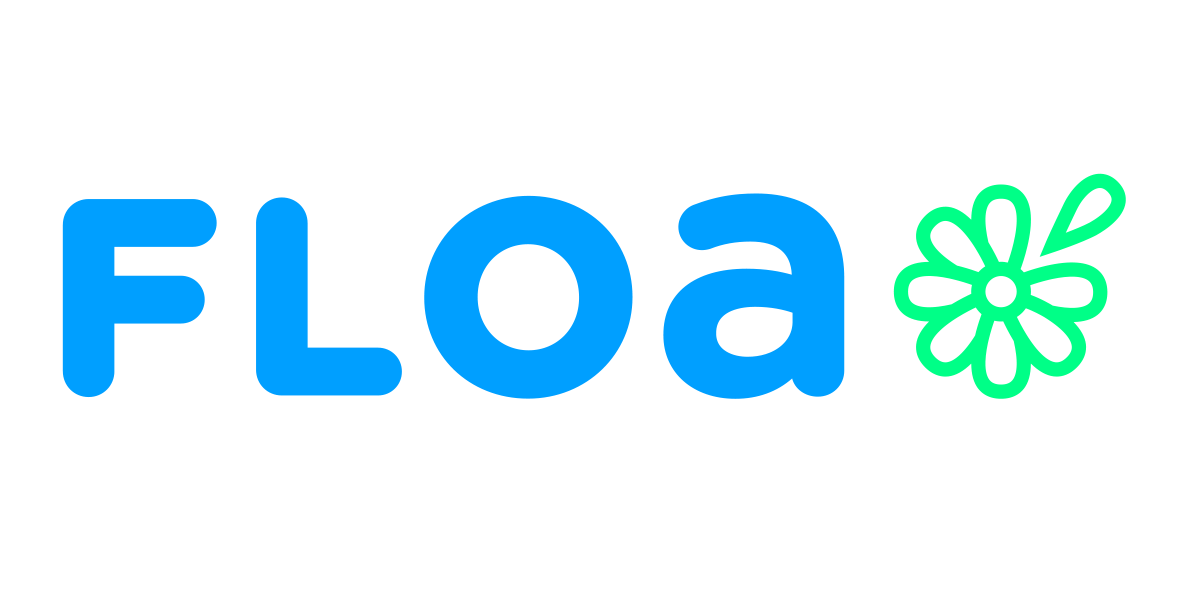From a developer perspective, collaborating with clients is crucial for bringing projects to life. However, sometimes you may encounter challenging clients with unrealistic demands, unclear requirements, or uncooperative attitudes. Here’s how to effectively manage such situations.
First of all: communication
Establishing clear communication is essential from the beginning. Ensure all project details, deadlines, and expectations are well-documented and understood by both parties. Utilize tools like emails, project management software, and regular meetings to keep the communication lines open. Often, difficult clients need more clarity and reassurance.
Setting realistic expectations is also crucial. Be transparent about what is feasible and what is not, providing detailed explanations about the time required for specific tasks and potential challenges that might arise. This prevents misunderstandings and disappointments later.
Professionalism is the key
Maintaining professionalism and patience is key. Stay calm and empathetic, even if the client becomes demanding or unreasonable. Responding professionally can help de-escalate tense situations and foster a more collaborative environment. The client may be stressed about their project and need your expertise to guide them.
Documenting every aspect of the project is crucial. Keep records of all communications, agreements, changes in scope, and feedback. This documentation can protect you in case of disputes and ensure that both you and the client have a clear understanding of the project’s progress and any modifications.
Active listening involves fully concentrating on what the client is saying, understanding their message, and responding thoughtfully. When a client feels heard and understood, they are more likely to cooperate and communicate effectively. Paraphrase their concerns to show you understand and ask clarifying questions to ensure you grasp their needs accurately.
Flexibility in resolving disputes
Being flexible but firm is important. Accommodate reasonable client requests and changes, but also stand firm on critical issues such as project scope, timelines, and quality standards. This balance helps avoid scope creep and keeps the project on track.
Sometimes, clients are difficult because they lack understanding of the development process. Take the time to educate them about how things work, the complexities involved, and the reasoning behind certain decisions. A well-informed client is likely to be more cooperative and less demanding.
When conflicts arise, address them promptly and professionally. Use conflict resolution techniques such as finding common ground, focusing on the issue rather than personal differences, and working together to find a mutually acceptable solution. If necessary, involve a mediator to facilitate discussions and resolve conflicts.
To sum up
Working with difficult clients is a challenge that every developer is likely to face at some point. By establishing clear communication, setting realistic expectations, staying professional, documenting everything, and being both flexible and firm, developers can navigate these challenges effectively. Each difficult client offers an opportunity to improve your communication and problem-solving skills, making you a more resilient and capable developer.




































